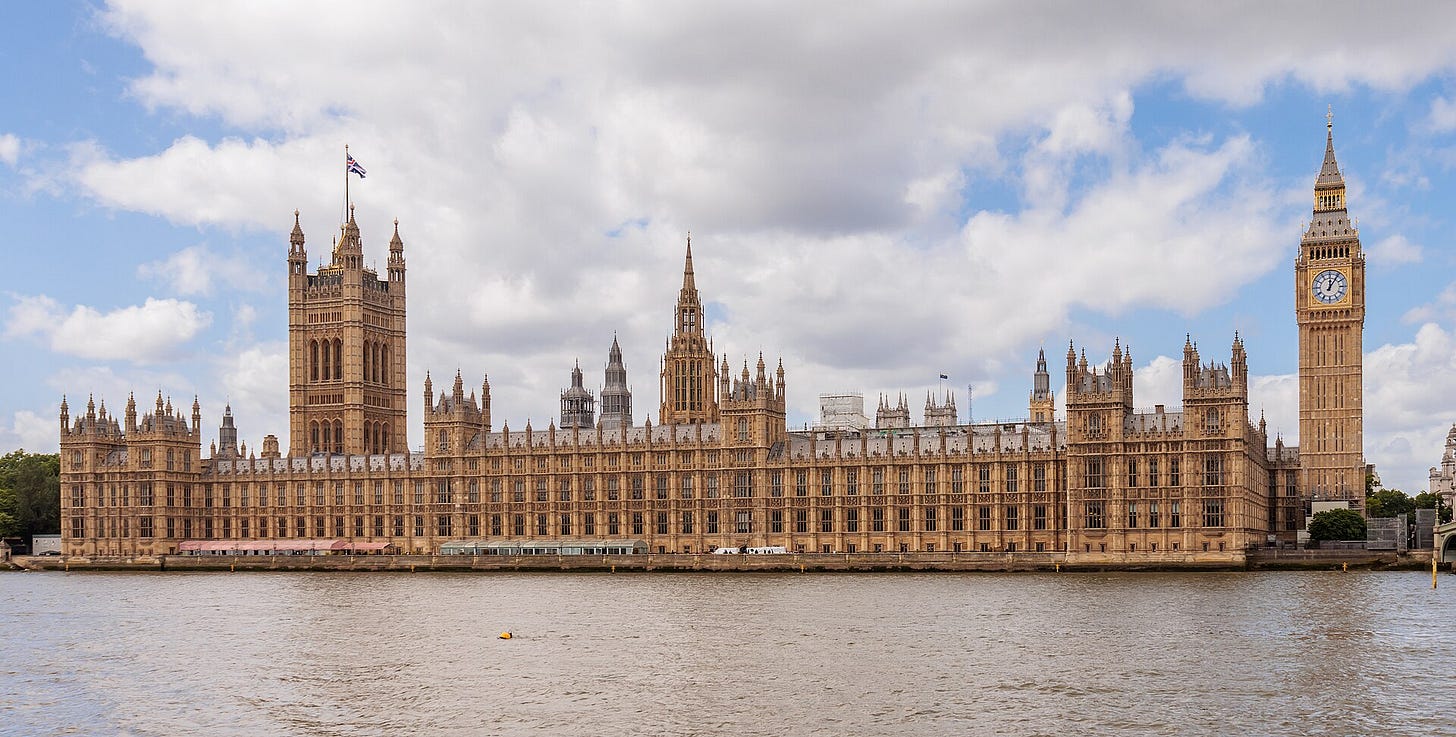Faith tests for MPs?
Faith Tests for MPs? We’ve Been Down That Road Before and It’s a Dead End.
Some voices in Westminster, including Chris Coghlan MP, have come up with a novel idea: all MPs should declare their religious beliefs publicly. On the surface, it’s dressed up as a move toward transparency. But scratch away the gloss, and it starts to look less like openness and more like an invitation to witch-hunt.
Transparency isn’t the goal here: targeting religious MPs is.
Let’s be honest about what’s really going on. This push isn’t about better policymaking. It’s about painting MPs of faith as inherently “un-progressive.”
The thinking goes: if you believe in God, you’re probably going to vote the wrong way. It’s a crude assumption, but it’s catching on among those who want simple answers to complex questions.
Take issues like assisted dying or abortion. Some MPs have voted against liberalising these laws. The immediate reflex is to assume: Ah, that must be because they’re religious.
But that’s not just lazy, it’s wrong. Plenty of MPs with no religious faith at all have voted the same way. Are they secretly attending evensong in disguise? Or could it be that difficult moral questions attract a variety of sincere, principled answers, faith-based or not?
Reducing conscience votes to a religious litmus test is like explaining the weather with a single cloud. It ignores the bigger picture. MPs make decisions based on a swirl of personal experience, life history, and moral reflection. Some have cared for dying relatives. Some have supported friends through crisis pregnancies. Others have seen the darker corners of medical care up close. These experiences shape votes just as much as belief systems do.
So, if we’re going to demand that MPs disclose their religious beliefs, should they also declare if they’ve sat by a hospice bed? Should they announce whether their family has faced addiction, trauma, or mental health struggles? After all, those experiences influence how people think too. But we don’t ask for that, because we understand, instinctively, that conscience is private terrain. Or at least, we used to.
Singling out religion implies it’s uniquely dangerous, as though prayer clouds judgment, but personal grief somehow sharpens it. That’s a prejudice masquerading as progress.
And here’s where a little history lesson is in order.
Britain has, in fact, tried religious tests before. They did not end well. For centuries, Catholics, Jews, and nonconformists were barred from Parliament unless they swore oaths designed to exclude them. The result wasn’t national harmony, it was social division and democratic decay. We clawed our way out of that mess for a reason.
Today, Britain is a pluralistic society. We rightly celebrate that MPs come from every faith and none, bringing a patchwork of perspectives to public life. To start demanding declarations of religious belief risks reopening old wounds. Worse, it sends a signal: that people of faith can’t be trusted to make decisions for a modern democracy.
But let’s think carefully before we go down that path. Do we really want to build a political system where MPs are expected to declare their inner lives for inspection? Should Parliament come with a spiritual scoreboard, or perhaps an official register of worldviews?
What next, a conscience census?
Let’s call this demand what it is: a solution in search of a problem. British politics has plenty of flaws, but MPs keeping their faith private isn’t one of them. The real danger isn’t that Parliament is hiding secret theocrats, it’s that we’re flirting with a new kind of sectarianism, one that pits "enlightened progressives" against "suspect believers."
Democracy doesn’t thrive when we force people into boxes. It thrives when we allow for difference, debate, and complexity.
If MPs must wear badges, let them say “Doing My Best”, because, in the end, that’s all we can reasonably expect.
By James Bundy

